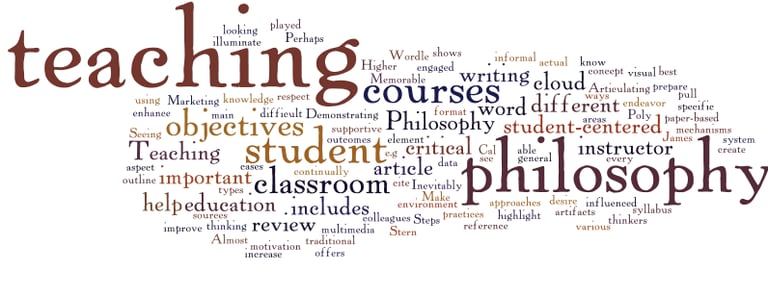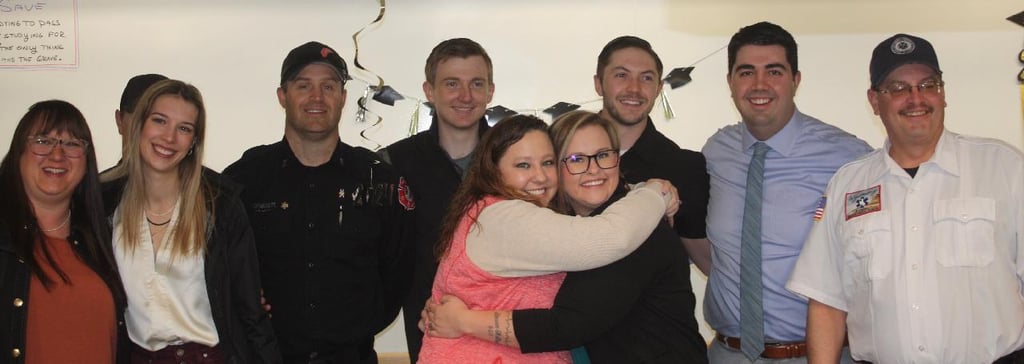Philosophy
As an instructor, my teaching philosophy has been to start with a student-centered approach to education. Taking the time to learn my students, and how they learn has been the best way to start off my classes. I have students from multiple backgrounds, and taking a few minutes to understand them has allowed my students and myself the ability to build lasting relationships. I have consistently been improving my classroom so students feel welcome and are able to ask questions without fear of it being a "dumb question." As a director; I have shown to hold myself and all staff to high standards so we can in turn hold our students to the same high standard. Instructing in the classroom includes PowerPoint, video clips as related to EMS topics, life experiences, and of course hands on learning.
Motivating students to continue to work hard can be a challenge. The first step in motivation is making sure the students do not feel overwhelmed, and making sure they are able to balance their time wisely. Every instructor has a life outside of work, as does every college student. I assist my students with learning to balance their time by helping them plan clinical hours around class, family time, and/or other important details in their lives. When students come to me with the feeling of burnout, I discuss options for them to 'take a break' from clinicals, but stay on track with changes. During traumatic events in their lives and/or schooling, I encourage them to take a few days off, seek counseling as needed, and I openly discuss if we need to cancel class for specific events. As an experienced paramedic, I have learned to adapt and grow better coping mechanisms than new candidates moving into the EMS Profession, so supporting my students in their journey is absolutely a priority of mine. Open communication is my last teaching and life philosophy. Communication must be a “two-way” street, whether it is to the dean, students, allied agencies, or instructors.




